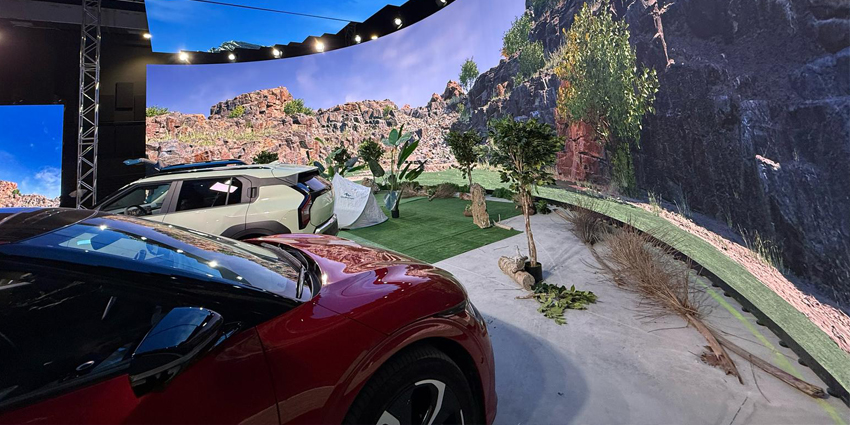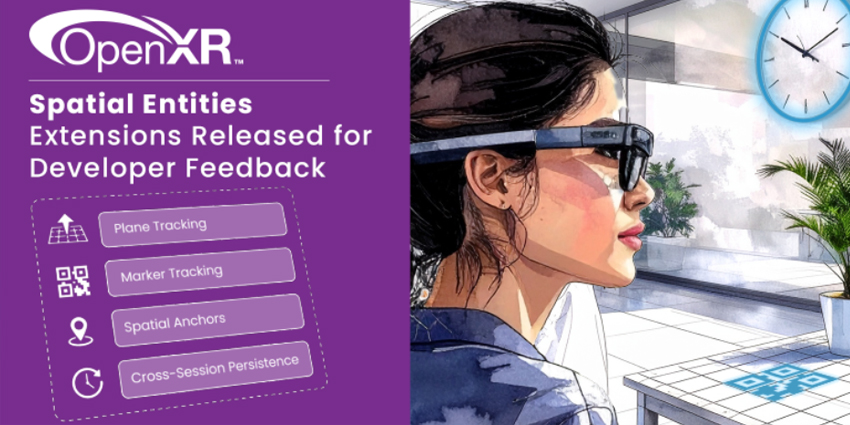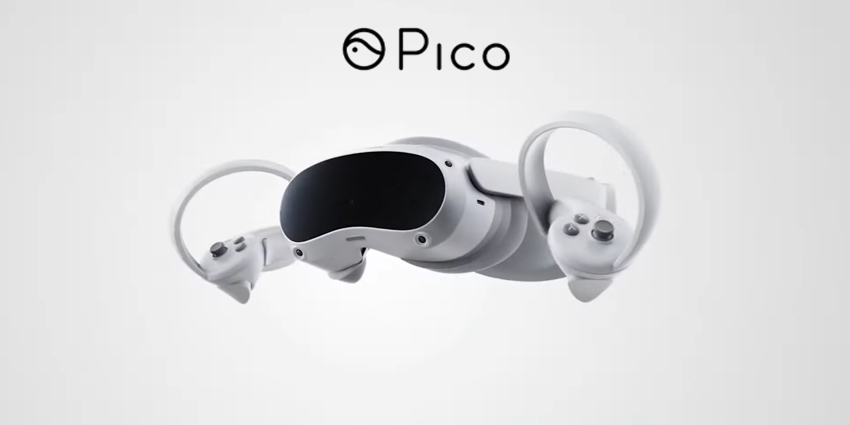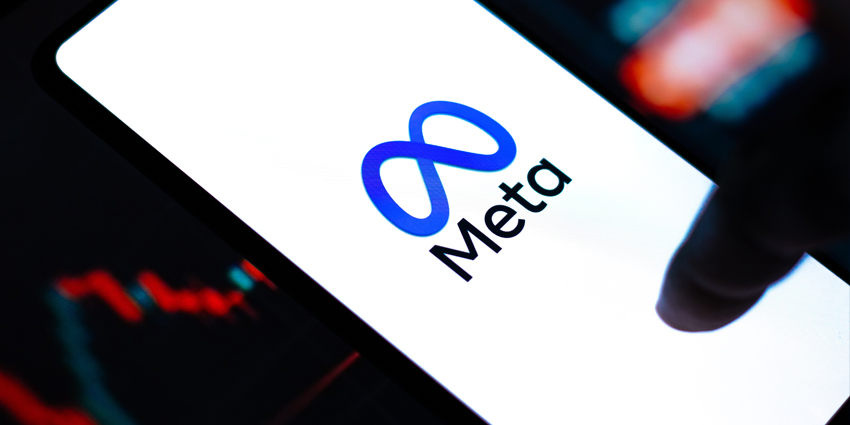Apple has continued to recruit new hires for its upcoming mixed reality (MR) devices amid setbacks on its extended reality (XR) product lineup, news reports revealed on Sunday.
According to reports, the Cupertino-based company has been working on a series of AR smart glasses and MR headsets set to launch in 2023. The device may be pushed back up to 2026, Haitong International Tech Research analyst Jeff Pu said in a MarketWatch report.
In the article, he said that the device was “to be postponed to 2025-2026, due to design issues.”
Apple XR Extension
Apple recently began growing its MR developer teams to secure its immersive reality headset products, namely in a bid to boost its potential in the XR space amid fierce competition from rival tech firms.
Additional updates from Bloomberg’s Mark Gurman revealed Dave Scott, who contributed to Apple’s self-driving motor vehicles unit, returned to its XR division. Bloomberg notes Scott’s expertise in medical robotics may see him work with future health-centric applications.
Power On: Apple plans a 3D mixed reality world and a video service for its upcoming headset, job listings reveal. Also: company adds a former top Apple Car manager and its head of iWork engineering to its headset group. https://t.co/H28DqZfHYE
— Mark Gurman (@markgurman) November 13, 2022
Yaniv Gur, Senior Director of Engineering, has moved to Apple’s headset team. With a more than 20-year career with Apple on its iWork suite of apps, he may lead productivity apps for the upcoming headset.
Apple’s MR device may potentially require a subscription to access key services and platforms, a Trendforce report stated in February.
The news comes after Apple Chief Executive Tim Cook said at the Worldwide Developer Conference (WWDC) in June he was a strong supporter of AR and “incredibly excited” about the technology.
He said at the time: “I am incredibly excited about AR as you may know, and the critical thing in any technology, including AR, is putting humanity at the center of it. That is what we focus on every day”
Apple, Meta Restructuring Woes
The news comes after Apple reportedly restricted hiring and spending for next year to avoid challenges from the ongoing economic crunch, according to Bloomberg.
The tech giant was set to apply changes to some departments but would still push for its XR division and complete the headset by next year, sources in the report said at the time.
Ming-Chi Kuo, veteran Apple analyst, initially stated in a 9 to 5 Mac report the headset would “likely release in January 2023.”
Kuo added a decline in Meta’s operations would not affect the XR industry as it increasingly matured, despite the latter’s divestment and slowdown in its metaverse ambitions. He added other firms would step in to fill in Meta’s production.
Kuo’s analysis comes months after as Meta Platforms announced last week it would cut 11,000 jobs from its Reality Labs department, just months after boosting its workforces to roughly 87,000 employees.
Company CEO Mark Zuckerberg apologised to workforces for the layoffs, just days after the Menlo Park-based firm revealed its headcount levels would remain at “third quarter 2022 levels”
Such measures would “set us up well for future years, when we expect to return to higher rates of revenue growth,” Meta explained in its recent Q3 statement. The firm’s expenses for building its metaverse technologies, including research and development (R&D) as well as ongoing Meta Quest Pro, would reach $101 billion, including roughly $2 billion to restructure its office operations.







